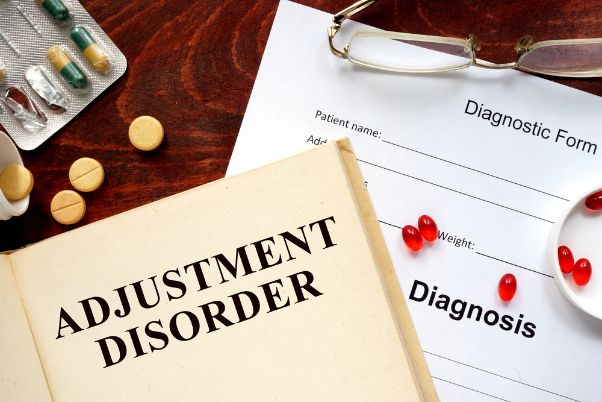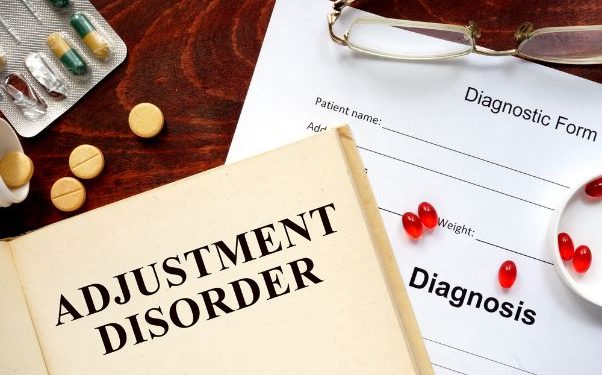Adjustment Disorder symptoms are a reaction to a stressor, such as loss of a job or relationship, or an illness. A person with adjustment disorder will experience symptoms of depression, anxiety, and other mental health problems that are out of proportion to the stressor.
Symptoms typically begin within three months of the triggering event, and last no longer than six months after the triggering event. The triggering event can be anything from moving into a new home, to divorce or separation. It can also be a serious illness, like cancer or HIV.
Someone with adjustment disorder may have a long list of symptoms, including a depressed mood, hopelessness, sadness, excessive worry, or even acting out. They may withdraw socially, have difficulty sleeping, or have trouble focusing.
Physical symptoms, such as body aches and soreness or feeling like you’re sick, are another sign of an adjustment disorder. They can be severe and make it hard for people to work or study.
Other signs and symptoms of an adjustment disorder include difficulty concentrating, feeling overwhelmed or irritable, or experiencing sudden changes in behavior. They may also include a sense of loss or sadness, and lack of interest in everyday activities.
Diagnosing an adjustment disorder involves a doctor or other mental health professional interviewing you about your stressor. They may also conduct a physical exam or laboratory testing, such as an MRI or blood tests.

The therapist will look for criteria that are in the DSM-5 manual of mental disorders, published by the American Psychiatric Association. These include that the distress is out of proportion to the stressor, that it is not part of a normal grieving process, and that it doesn’t occur more than six months after the triggering event ends.
Some children are more susceptible to adjustment disorders than others, especially if they’ve already had other mental health issues. Other life circumstances, such as a family crisis or major change in their life, can also increase the risk of developing an adjustment disorder.
There’s no way to prevent the occurrence of an adjustment disorder, but you can help yourself recover from it. You should try to maintain a positive outlook, take care of your physical and emotional health, and seek treatment when needed.
Psychotherapy is one of the most common types of therapy for adjustment disorder, particularly in the U.S. It teaches coping skills and techniques for managing stress, and helps patients understand the impact of their reactions to stressful situations on their lives.
Other types of talk therapy can be helpful for people with adjustment disorder, too, such as peer group therapy and family therapy. The goal is to provide the patient with skills they can use in future stressful situations to reduce the symptoms and improve their quality of life.
Self-help methods can also be helpful, such as progressive muscle relaxation or deep breathing exercises. Listening to music can also be beneficial for reducing tension and stress, and exercising regularly can be useful for improving overall health and wellbeing.









